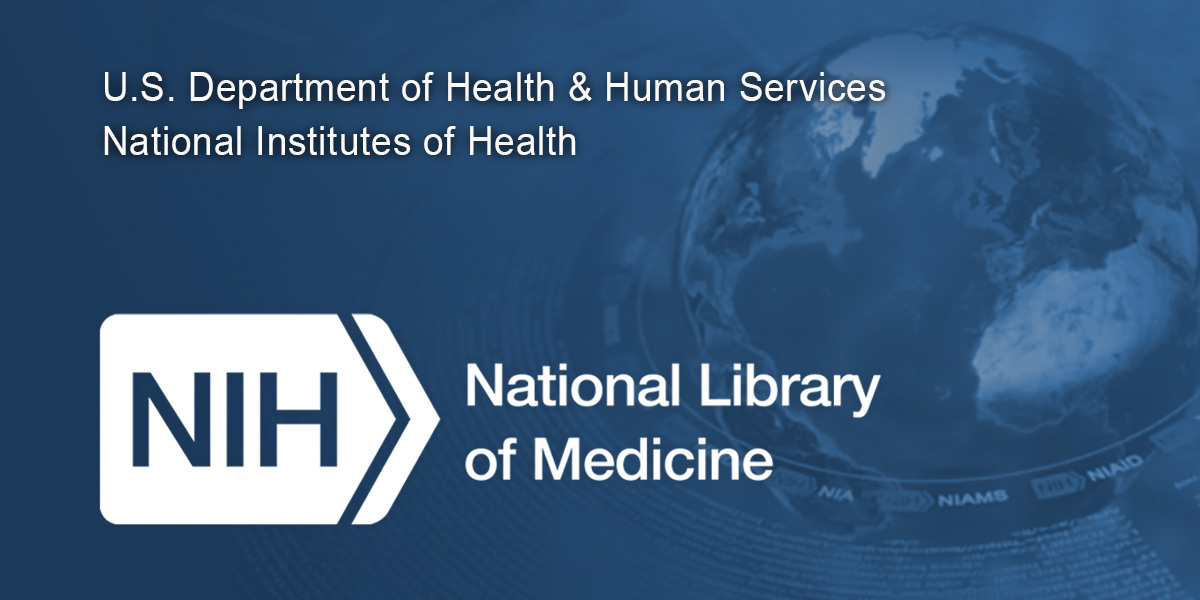I can tell you are someone with little to no inpatient experience looking in from the outside based off your list of mitigation strategies to circumvent the need for an informatics pharmacist. You are misled if you think being "clinical" is merely understanding medical terminology... that is the easy part and is not what having a clinical background means at all. Being clinical is:
- Understanding interdisciplinary workflow: knowing how a drug is prepared/delivered knowing when it should be appropriately given as to not take up too much of a nurse's time and/or cause confusion (med errors). Keep in mind, there varying degree of nurse specialties and varying degrees of pharmacy specialties, which means varying degrees of pharmacy/nursing workflow.
- Understanding the differing combination of drugs and administration protocols for every procedure and/or disease state: e.g. list the premeds given before chemo, are they pushed or given continuously, what order do you give the differing chemos, how far apart are chemos given, what lab values are red flagged when a patient is on drug X, how soon should drug X be given after being compounded due to Y shelf-life, etc.
If an IT professional can pick all of this up while sitting in a closet in front of a computer, i'll be damned, give that person an honorary doctorate.
You claim that IT staff are consolidated because of minimal maintenance after a system is in place... you again, are misinformed. As long as medicine and science progresses, medical practices change, new drugs are developed and brought to the market, pharmacy IT will be needed to make these changes in the Health-Systems EMR for constant process improvement, quality control, and waste reduction.
Funny, I do not recall choosing this career path by watching an ad/video. You keep showing me how misinformed you are.
In school, I consulted with at least 5 different informatics pharmacists from differing health-systems and companies (non-hospital settings), I held two internships in informatics (1 clinical setting, 1 non-clinical/industry setting), I applied to residency programs that were in health-systems with impressive growth over the past 5 years who had an ambitious vision to grow their varying departments (more growth = scalability of infrastructure = more opportunity for a job).
No I didn't? Your point was that there are scarce jobs and saturation. My point is literally everyone around the country is feeling this symptom, pharmacy or not. If your reason for not going into pharmacy informatics is job saturation... that is literally everything in pharmacy. If I had to choose between a saturated niche informatics market, or an even more saturated retail/staffing market, I will choose the former.
You are grossly overestimating my "competition". Over the past 3 years, I have been following job posting requirements. Two big gateways that are big obstacles to about 70-80% of postings: (1) Epic certification, (2) Two-year Pharmacy Informatics residency required; or both. I will have both. Even in a situation where these are not required, I will have major leverage over my inpatient/retail staffing competition.
My odds at getting a job are severely higher than someone looking to land a full-time position in retail where the only thing that is required is a license.
Huh? lol
Here's my analogy: would you rather get paid 120K doing something you love, or getting paid 120K doing something that you hate. Life is too short to work a job you hate.
